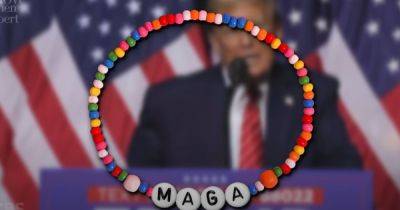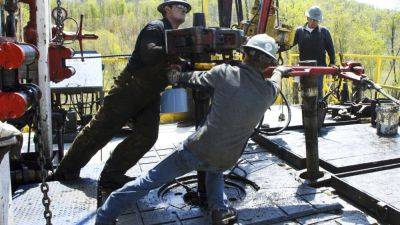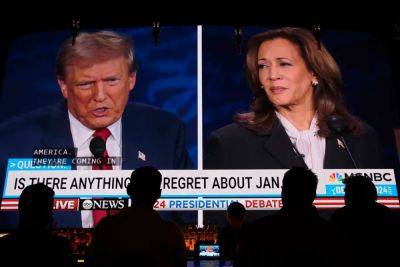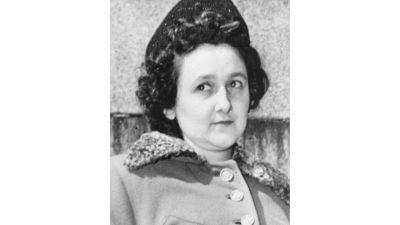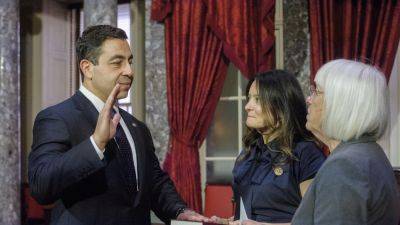George Washington established the presidency. How much of it would he recognize now?
The U.S. president may be referred to as the most powerful person in the world now, but that wasn't what the Founding Fathers intended.
In fact, when the United States was born, they didn't really have much of a plan for the executive branch. After years of British royal rule, the framers were fearful of giving the new nation's leader too much power.
"Framers never intended the presidency to be a public office. It was meant to be more of a clerk role in charge of the executive office," says Brandon Rottinghaus, a political science professor at the University of Houston. "There is no one moment where a switch flipped where the presidency became a public office. It happened gradually."
It's the nation's first president, George Washington, who understood the potential significance of the role. He helped establish a balance of being a strong leader while not mimicking British royal rule and established traditions that we still see today, historians tell NPR.
As we head into the final two monthsbefore Election Day, let's learn more about the history of the presidential office, how Washington influenced so much of what we see today and just how much the journey to the White House has changed.
The founders didn't have much of a plan for the executive
In the early days after the Revolutionary War, the Founding Fathers struggled with the question of what type of executive leadership the nation would have, Arizona State University history professor Catherine O'Donnell says.
Their experience with executive leadership was that of a king or royal governor — "not a great model," she says.
The founders viewed having one executive for the United States with great suspicion. At one point, they considered having a three-man executive


